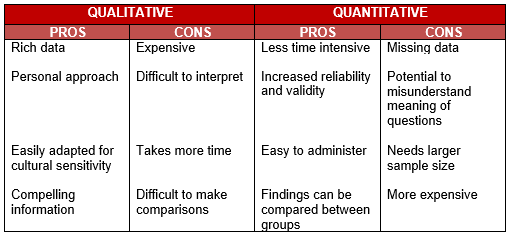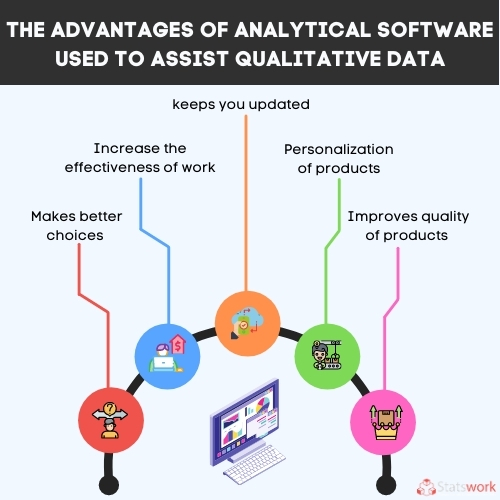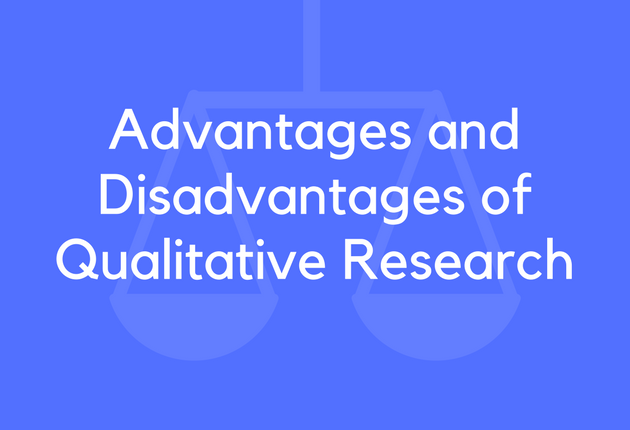Qualitative data is a type of data that is collected through open-ended and conversational methods, such as interviews, focus groups, and observations. It provides in-depth and detailed insights into people's experiences, perceptions, attitudes, and behaviors, and can be particularly useful for understanding complex social phenomena and exploring the meanings and interpretations that individuals attach to their actions and experiences. However, like any type of data collection method, qualitative data has both advantages and disadvantages that researchers should consider when deciding whether and how to use it in their studies.
One of the main advantages of qualitative data is that it allows researchers to explore the complexity and context of social phenomena in a way that is not possible with quantitative data. Quantitative data is typically collected through structured surveys and experiments, and is used to test hypotheses and establish statistical relationships between variables. While this can be useful for understanding broad trends and patterns, it does not allow for the exploration of the nuances and complexities of human behavior and experience. Qualitative data, on the other hand, allows researchers to go beyond the surface-level observations and delve into the deeper meanings and motivations behind people's actions and attitudes.
Another advantage of qualitative data is that it allows researchers to understand the experiences and perspectives of individuals in their own words. This is particularly important when studying sensitive or controversial topics, as it can help to minimize the influence of researcher bias and ensure that the experiences and views of the study participants are accurately represented. Qualitative data also allows researchers to capture the rich, multifaceted nature of social phenomena, which can be difficult to capture through the use of standardized measures or closed-ended questions.
However, there are also some disadvantages to using qualitative data. One disadvantage is that it can be time-consuming and resource-intensive to collect and analyze. Qualitative data often requires lengthy, in-depth interviews or observations, which can be logistically and financially challenging to conduct. Additionally, the analysis of qualitative data can be subjective, as it involves the interpretation of complex and often unstructured data. This can make it difficult to replicate studies and establish reliable conclusions.
Another disadvantage of qualitative data is that it may not be representative of the broader population. Because qualitative data is typically collected through small-scale, in-depth studies, it may not be possible to generalize the findings to the wider population. This can limit the external validity of the study and make it difficult to draw broader conclusions about the topic being studied.
In conclusion, qualitative data has both advantages and disadvantages that researchers should consider when deciding whether and how to use it in their studies. While it can provide rich, in-depth insights into people's experiences, perceptions, and behaviors, it can also be time-consuming and resource-intensive to collect and analyze, and may not be representative of the broader population. Researchers should carefully weigh the pros and cons of using qualitative data and consider how it fits within the overall research design and goals of the study.









